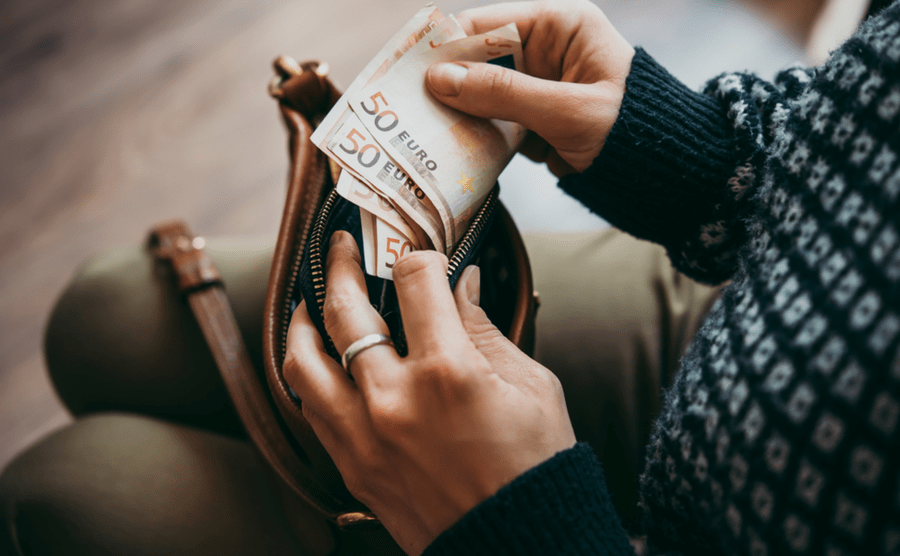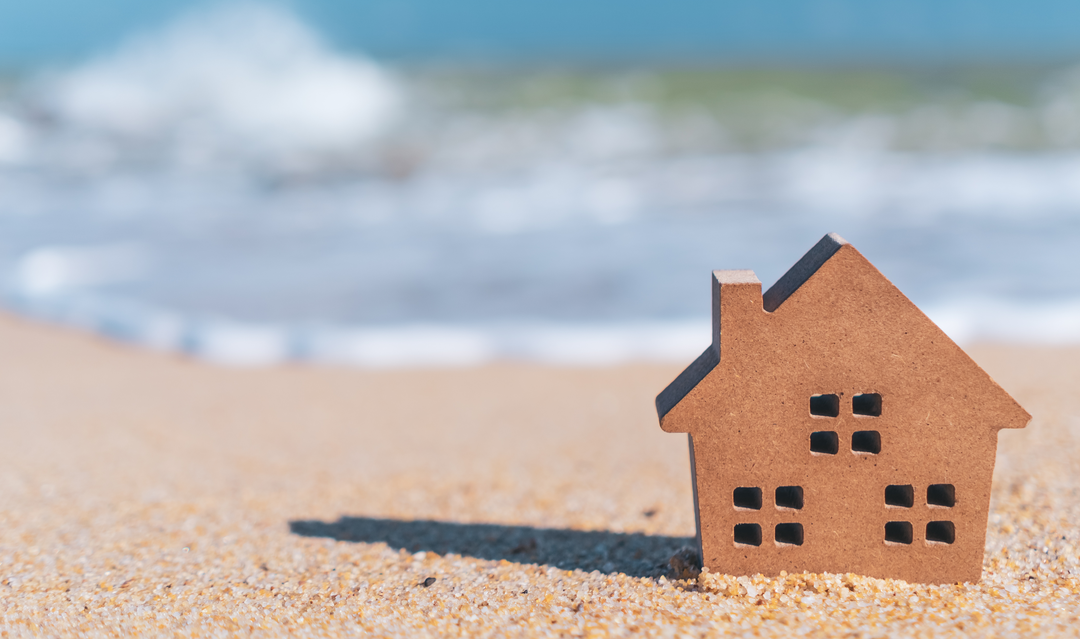So, you’ve decided to buy a property abroad! A new life in a warm and sunny location awaits. Amidst all of the excitement, it’s probably tempting to dive straight in and start looking for your dream property immediately.
However, working out your budget, how far your budget will stretch, and any extra costs should be your first steps. You’ll then have a realistic idea of what kind of property you can purchase and the money you’ll need to keep aside. So, here are four key points to consider:
Get a quote from us today by completing our simple form. We’ll take a look at your requirements and arrange to speak to you at a suitable time to offer the best possible solution for all of your upcoming currency transfers.
1. How much is your money worth in the purchase currency?
It’s important to consider what your pounds will be worth in euros or dollars when you come to buy your property. This could depend on the exchange rate at the time of buying, which is difficult to predict. The currency markets never stop moving and can be volatile, so, if you’re trying to work out your budget for a purchase several months down the line, it’s impossible to know what those pounds will actually get you.
To give you more security and certainty over what your pounds will be worth, you can lock in the current exchange rate for up to a year. That way, you know exactly how much your sterling budget is in dollars, no matter what happens to the market.
Bear in mind that you won’t get the inter-bank rate, so make sure to budget for slightly below that. Despite this, using a bank won’t get you a better rate. Banks also often don’t offer solutions like forward contracts, which let you lock in the exchange rate for up to a year, and they can be quite vague when it comes to the exchange rate at the point of transfer.

It’s important to consider what your pounds will be worth in euros when you come to buy your property.
2. Consider buying fees and costs
The buying or transaction costs for purchasing a property can vary from country to country. In France, they are moderate to high, between 8% and 30%, and the buyer is responsible for the estate agent fees. In Spain, however, they tend to be slightly lower, from 10% to 15%. So, it’s important to consider how much these will be and budget accordingly.
You should also find out about the Notary’s and solicitor’s fees: in most European countries, you’ll be looking at notary’s fees of between 1% and 4% of the purchase price.
3. What taxes will you need to pay?
It’s likely that you’ll need to pay some tax during your property buying process. For example, in Spain, you’ll need to pay a Property Transfer Tax, which varies from 6% to 10% depending on the autonomous region. If you are selling a property, you’ll also need to consider the cost of Capital Gains tax. Subtract these costs from your property buying budget and set aside the money so it’s there when you need it.
4. Getting there and moving in
Once you’ve bought your property and are ready to move in, you’ll need to pay for your own travel and for shipping your belongings. Ensure that you get some quotes for removals at the beginning of the property buying process, so you know roughly how much to budget for. If any renovations are needed before you move in, consider the cost of these as well. To make things easier, you can pre-fund your account with Smart to ensure that your money is ready and waiting for these costs.





















